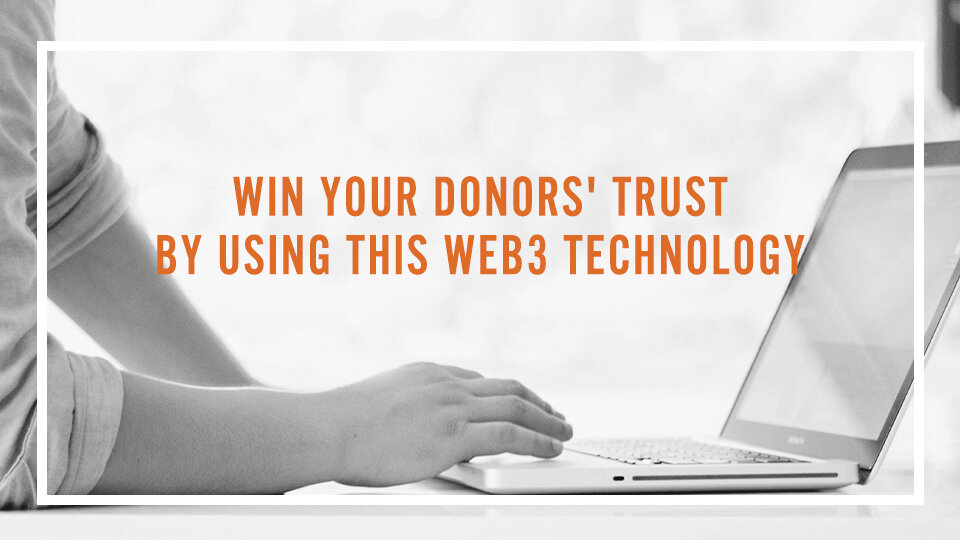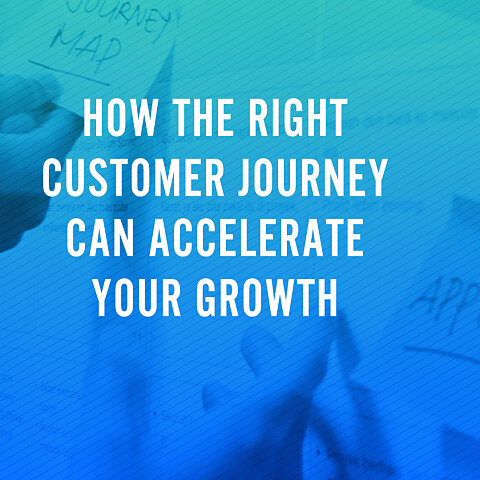Win Your Donors' Trust By Using This Web3 Technology
By Maurilio Amorim
I just read a story of a nonprofit leader who took 8 million dollars intended to help people and tried to buy a 3 million house with the money. He almost got away with it. But sadly, he made it even more difficult for legitimate nonprofits to raise money.
Trust is hard to gain but easy to lose. And unfortunately, donors are very aware of scams and often choose not to contribute because they can't be sure their donations are going to the promised outcome.
But this web3 technology could be a great answer to the trust issue. Because trust is "built in" the tech itself.
A DAO, or Decentralized Autonomous Organization, is a type of organization that operates using blockchain technology and smart contracts. It is a decentralized digital organization, meaning any single individual or entity does not control it.
Instead, it is governed by a set of rules and protocols encoded into smart contracts, contracts written into lines of code itself, and enforced by the blockchain. Once part of the blockchain, smart contracts are virtually impossible to change.
DAOs are typically used to facilitate decentralized decision-making and collaboration among a group of individuals or organizations. They can be used for a wide
range of purposes, including voting on proposals, allocating funds, and making decisions about the direction of the organization.
Nonprofits can benefit by using DAOs. Nonprofits often rely on donations and grants to fund their operations, and DAOs can be used to manage and distribute these funds transparently and securely.
For example, a nonprofit could set up a DAO to accept donations. The smart contract could be programmed to automatically allocate the funds to specific
projects or initiatives based on the rules outlined in the contract. This could help ensure the funds are being used for their intended purpose. And that there is a clear and transparent record of how the funds were used.
In addition to managing funds, DAOs can also be used to facilitate decision-making within a
nonprofit organization. For example, a DAO could be set up to allow members to vote on proposals or projects, with the votes recorded on the blockchain.
This could help to ensure that all members have a say in the organization's direction and that the decision-making process is transparent and fair.
DAOs can also be used to create a more inclusive and democratic decision-making process within a nonprofit. For example, a DAO could be set up to allow members to propose and vote on projects or initiatives, with the results recorded on the blockchain. This could enable members who may not have a strong voice within the organization to have a say in the organization's direction and ensure that all voices are heard.
Overall, DAOs have the potential to revolutionize the way that nonprofits operate by providing a decentralized and transparent platform for managing funds and
decision-making.
By using smart contracts and the blockchain, DAOs can help to ensure that funds are used for their intended purpose, and that decision-making is fair and inclusive. They could be valuable for nonprofits looking to increase efficiency, transparency, and accountability.
Keep making a difference.














